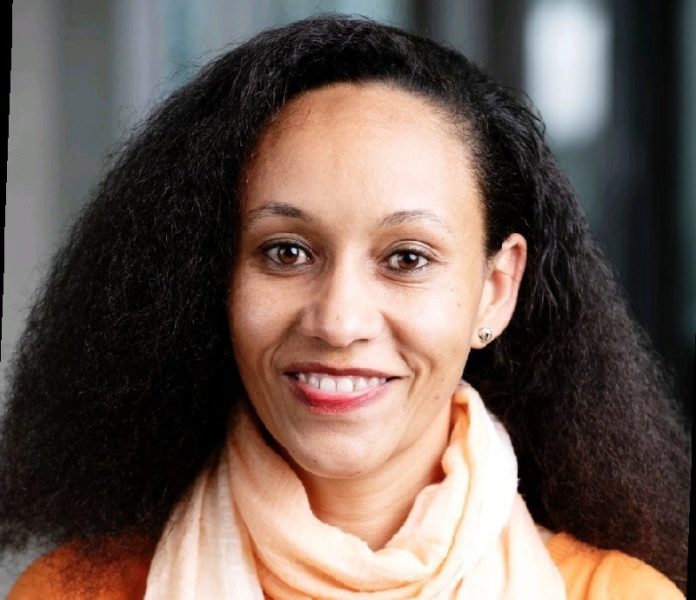For decades, the vision of work was simple: you go into an office, you punch in, you punch out.
The pandemic fast-tracked that dream. Offices went dark, Zoom took center stage, and our homes became headquarters. For a while, it felt liberating but as the dust settles, many of us are reflecting on what we gave up in exchange; the sense of togetherness, the energy of being near someone doing the same thing you are, the spontaneous idea that leaps off casual conversation.
In Kenya, we are witnessing something quietly powerful: a move beyond simply “remote” or “office.” The future of work here is about connection. It is about community. It’s less about where you work and more about who you’re working with.
Consider this: Kenya has seen a 216 % growth in online freelancers over the last five years, making it one of Africa’s fastest-rising gig economies. And yet, between 2023 and mid-2025, job postings for remote roles on Brighter Monday Kenya fell dramatically, from 685 at the peak to just 95.
The contradiction is striking: there is burgeoning digital talent, but the structures supporting flexible, remote work are shifting.
Why does that matter? Because work is not just transactional. It is relational. Neuroscience tells us that collaboration and not isolation helps boosts creativity and motivation. And at a human level, being part of something bigger than yourself is what makes work feel meaningful.
In Kenya, community has always been part of our fabric. From the jua kali artisan who learns from his neighbour, to the startup huddled in Westlands trading ideas over nyama choma, we thrive when we’re sharing, learning, and building together. So perhaps it should not surprise that the sterile model of “home office solo” never quite fits our rhythm.
It is no coincidence, then, that coworking spaces are popping up across Nairobi at an annual growth rate of around 21%. These places aren’t just rented desks but are micro-communities, where the designer meets the accountant meets the coder, and the unplanned conversation becomes the next collaboration.
Kenya’s young workforce and the shift toward self-directed investment tools
That ripple of community is where the future of work is being quietly redefined in Kenya. It suggests a model where autonomy are partners.
Of course, the benefits of remote work remain real: less time commuting, lower overhead, flexible hours. A study in Kenya found that employees who telecommuted reported improved work-life balance and engagement. But the study also pointed out the flip-side: unreliable internet, frequent power cuts and isolation blindsided the optimism. What you gain in flexibility you risk losing in connection—and sometimes in well-being.
What does this mean for us as a nation with our young population, growing digital skills, and a pulse for innovation? It means the next wave of work needs to be designed for human beings. It means shaping environments either physical or virtual, that let people connect, share, mentor, challenge, laugh, and grow.
For employers, that might mean rethinking what an “office” is. It may no longer be rows of desks, but hubs of inspiration. It may mean a team meeting over coffee, a brainstorming session in a lounge, or a freelancer dropping in to exchange ideas with a full-time team. Location becomes fluid, but human presence becomes essential.
For urban planners and cities, the shift has spatial implications. Nairobi might evolve not just as a commercial hub of isolated towers but as a network of mixed-use neighbourhoods where living, learning and working happen side by side. Where the coworking hub is as natural as the café, the mentorship circle as common as the community gathering.
And for the countless Kenyans navigating early-career steps, entrepreneurship or freelance ventures, this perspective shines a spotlight on what matters most: relationships, networks, skills and community. A digital device doesn’t automatically make a remote worker; a community around you amplifies what you can do.
Ultimately, the question we should ask ourselves isn’t just “Where do I work?” but “With whom do I work?” Because when work feels like part of something greater than a task list, the real magic happens.
In Kenya, the future of work won’t simply be about technology (though that remains vital) but more of choices, networks and human connection. We are at a moment where our strength as a country can guide how work is reimagined on our terms.
As more young professionals, gig workers, entrepreneurs and organisations lean into this shift, what emerges is hopeful: work that honours our need to belong, to create, and to grow together.
Lina Wilhelmy is the Growth Lead at WOJO Nairobi, where she helps shape community-driven work experiences that empower professionals and businesses to thrive in flexible environments.











